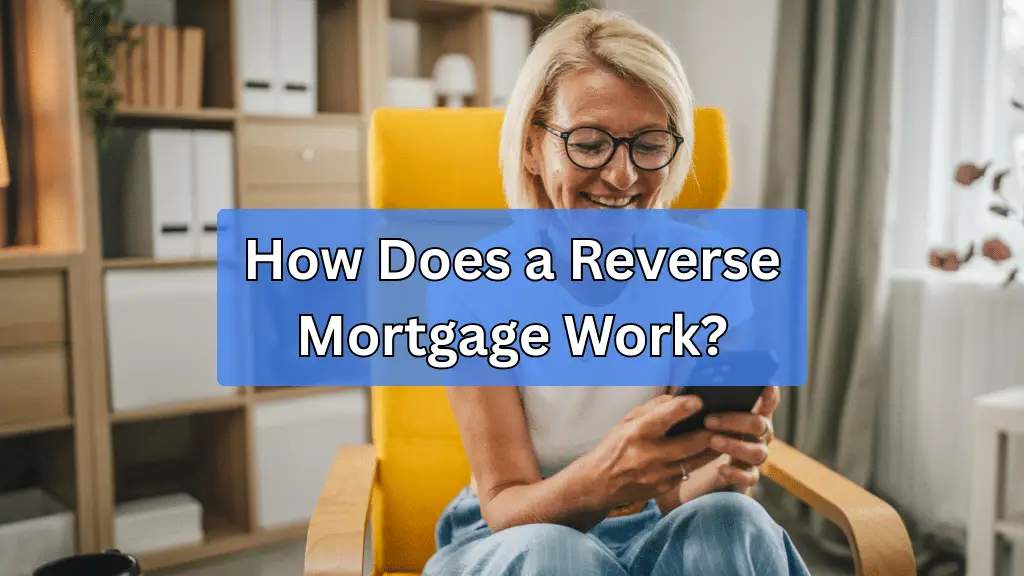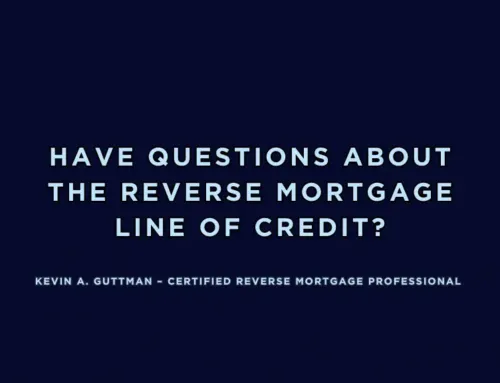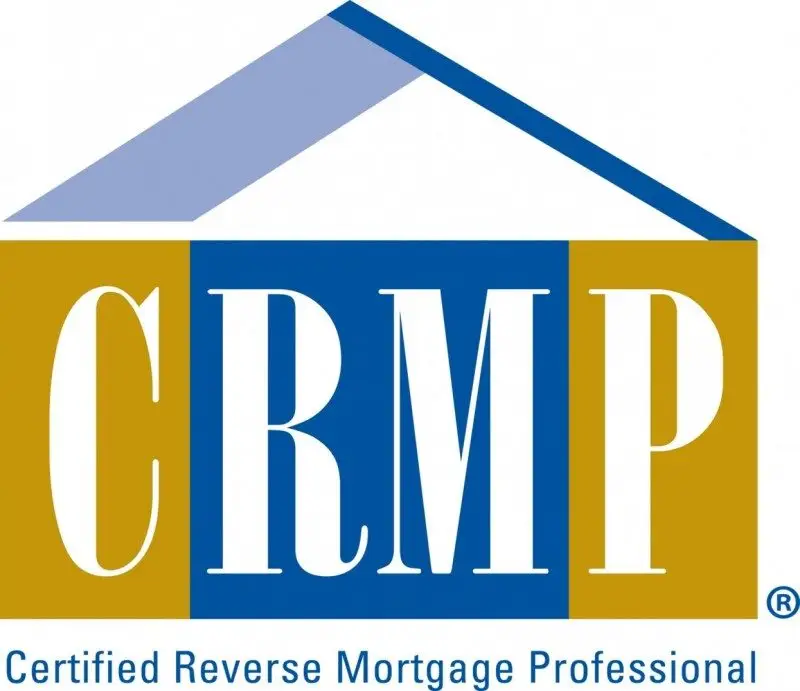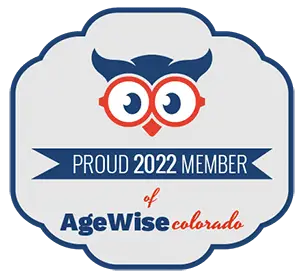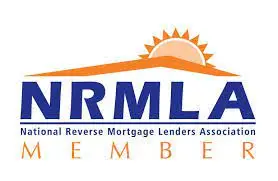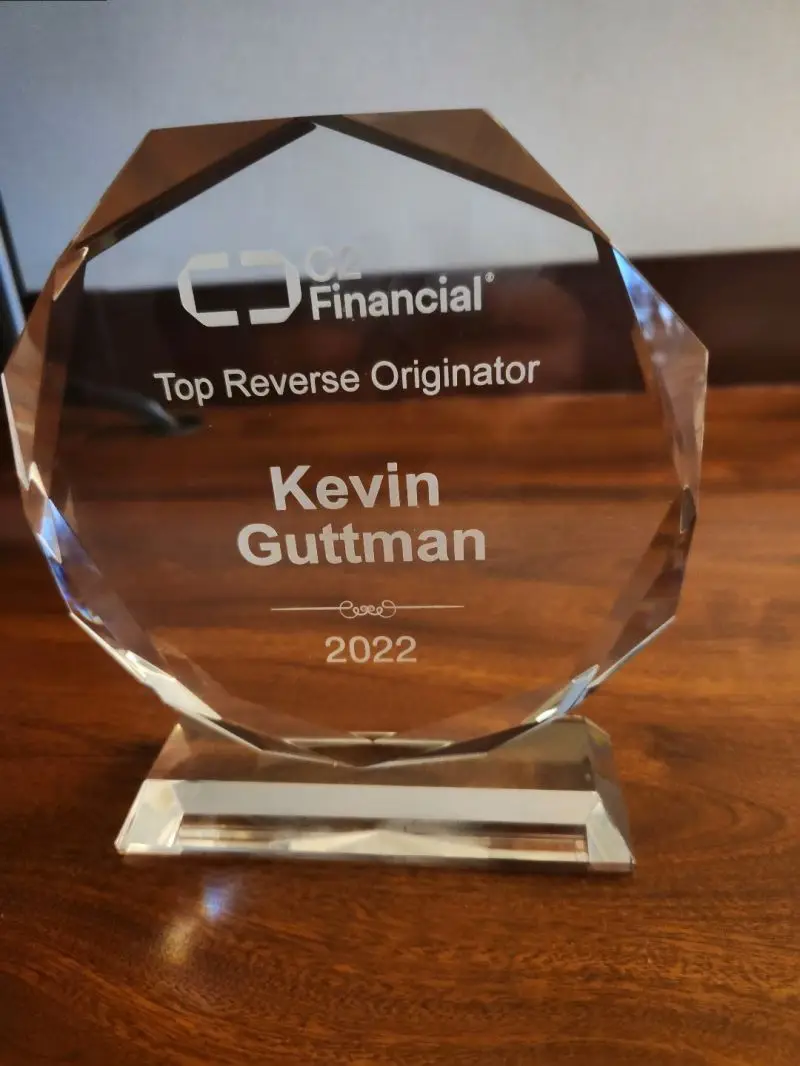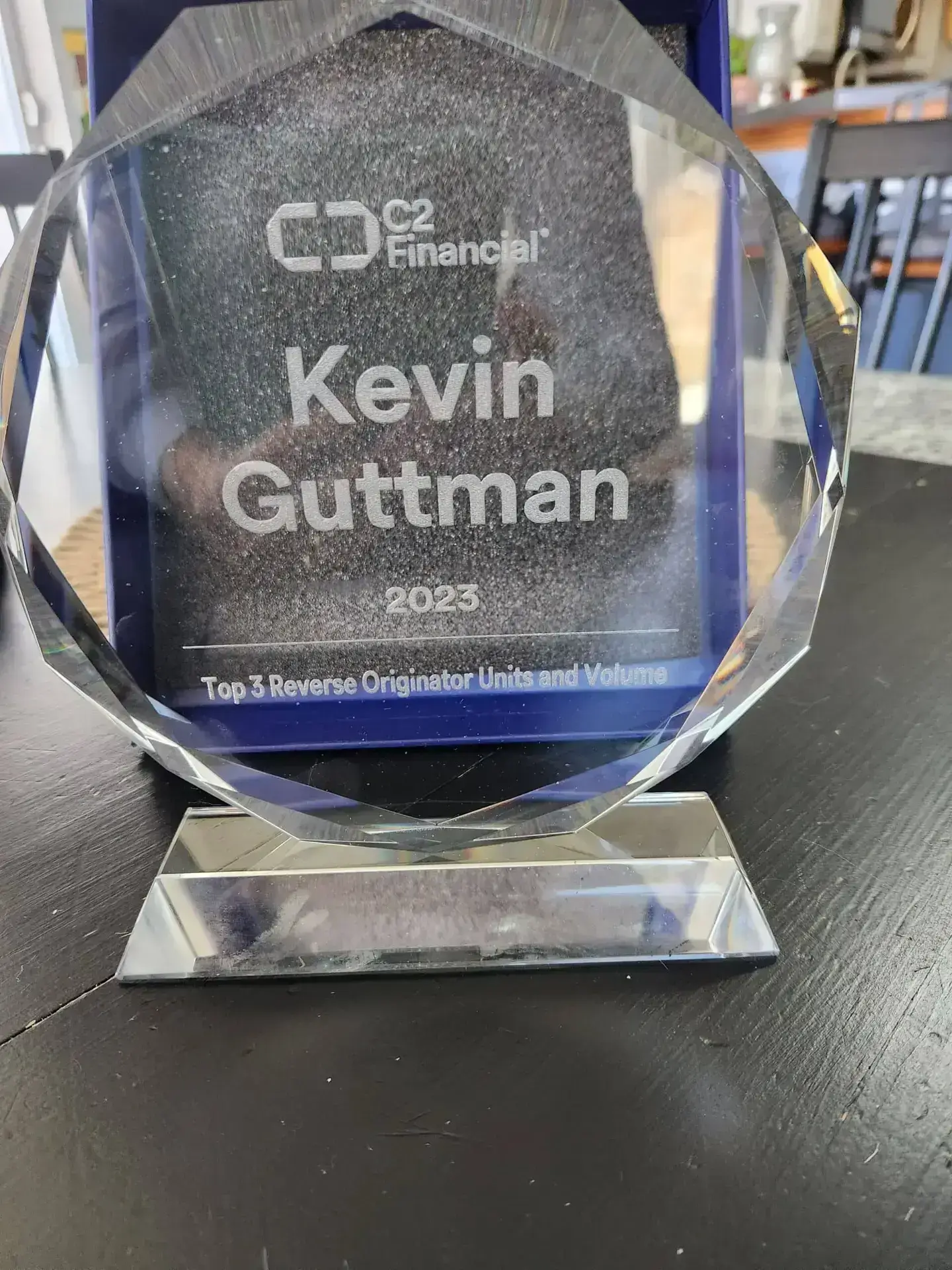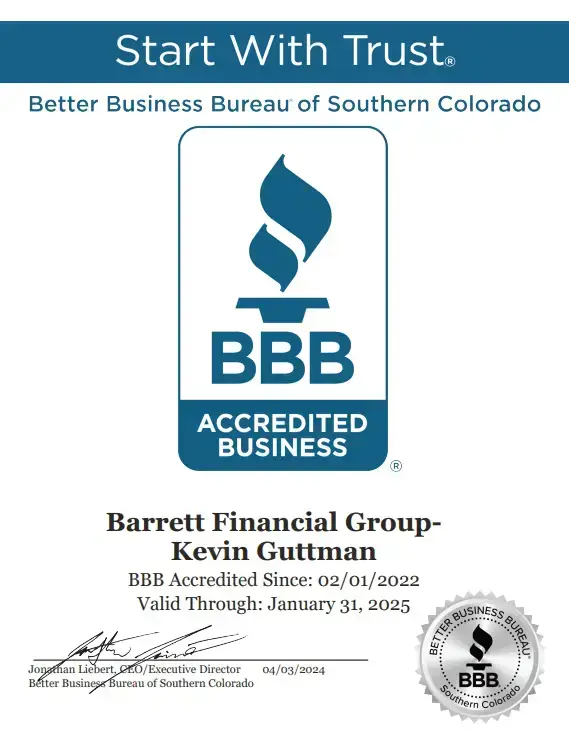Understand the process, the benefits, and what it means for your future
A reverse mortgage is more than just a financial product — it’s a way for senior homeowners to turn the equity in their home into usable cash, without giving up ownership or taking on monthly mortgage payments. If you’re 62 or older and considering how to better manage retirement finances, this guide will help you understand exactly how a reverse mortgage works — and when it might be a good fit.
What Is a Reverse Mortgage?
A reverse mortgage is a loan that allows you to convert a portion of your home’s equity into tax-free funds. Unlike a traditional mortgage where you make payments to a lender, a reverse mortgage pays you — while you continue living in your home.
The most common type is the Home Equity Conversion Mortgage (HECM), which is federally insured and only available through lenders approved by the Federal Housing Administration (FHA).
How Does It Work?
Here’s how the reverse mortgage process generally works:
1. You Must Be Eligible
To qualify, you must:
-
Be at least 62 years old
-
Live in the home as your primary residence
-
Have substantial equity in your home
-
Maintain the property, pay taxes and insurance
2. Loan Amount Is Based on Several Factors
The amount you can borrow depends on:
-
Your age (or the age of the youngest borrower or spouse)
-
The appraised value of your home
-
The current interest rate
-
The FHA lending limit
Older borrowers generally qualify for more because of life expectancy and risk calculations.
3. You Choose How to Receive the Funds
Funds can be received as:
-
A lump sum
-
Monthly payments
-
A line of credit
-
Or a combination of the above
You’re not required to repay the loan until you move out of the home, sell it, or pass away.
4. You Stay in Your Home
As long as you meet the loan requirements — living in the home, maintaining the property, and keeping up with property taxes and homeowner’s insurance — you can remain in your home without monthly mortgage payments.
5. Loan Is Repaid Later
The loan becomes due when:
-
You move out or sell the home
-
The last borrower passes away
At that time, your heirs can choose to repay the loan and keep the home, or sell the home and use the proceeds to pay off the reverse mortgage.
Who Benefits Most from a Reverse Mortgage?
Reverse mortgages work best for:
-
Seniors who plan to stay in their home long-term
-
Those who want to eliminate their current mortgage payments
-
Retirees needing supplemental income for daily living expenses
-
Individuals who want to delay tapping other retirement funds
-
Homeowners who want to age in place with added financial security
Reverse Mortgage Misunderstandings
There are still many myths about reverse mortgages — for example, that the bank takes your home, or that your heirs will be left with debt. These are not true when the loan is handled properly. As long as your home is sold for at least the amount owed, no additional debt is passed on.
Working with a trusted professional like Kevin Guttman, CRMP, ensures you’re fully informed. Kevin follows strict ethical standards and makes sure you understand all of your options before making any decisions.
At ReverseMortgageRevolution.com, you’ll find helpful tools like:
- Phone: (719) 302-5820
- Website: Reverse Mortgage Revolution
- Reverse Mortgage Quick Quiz
- Home Equity Quick Quiz
Final Thought
A reverse mortgage can be a safe, flexible, and empowering solution — when it’s the right fit. Whether you want to reduce financial stress, eliminate payments, or simply enjoy more comfort in retirement, understanding how a reverse mortgage works is the first step.
Have questions? Kevin Guttman is here to help. As a Certified Reverse Mortgage Professional licensed in 18 states including Colorado, California, Texas, and Florida, Kevin offers clarity, transparency, and personalized advice you can count on.


